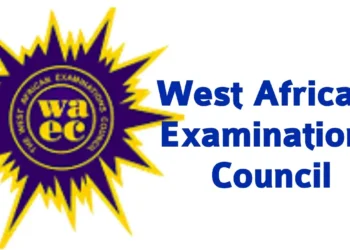
The Federal Government’s recent crackdown on “miracle centres” couldn’t have come at a better time. These so-called schools, notorious for facilitating exam malpractices, have done untold damage to the integrity of Nigeria’s educational system for years. Their operations not only undermine hard work but also create a culture of dishonesty and mediocrity.
Thankfully, with actions like Abia State shutting down all such centres, and the Federal Government’s bold nationwide initiative, there’s a renewed hope of restoring credibility to our education system.
What Are Miracle Centres, Really?
Miracle centres are typically privately-run secondary schools that promise students exam success—no matter their academic abilities. These centres practically guarantee top grades, often through illegal means, including leaked questions and impersonation.
The result? Hardworking students are discouraged, genuine efforts are devalued, and Nigeria ends up with graduates who are ill-prepared for higher education or the workforce. Think about it—these are the same individuals who may one day become engineers, doctors, and even leaders.
The Danger Beyond the Classroom
The threat posed by miracle centres goes far beyond school walls. A study by The Conversation highlights how this malpractice casts doubt on the quality of university students, the workforce, and even future political leaders. When cheating becomes the norm, it sets a dangerous precedent—one that chips away at national development.
The Government’s Move: A Step in the Right Direction
This crackdown is a critical move towards sanitizing Nigeria’s education system, especially the Senior Secondary School Certificate Examinations (SSCE), which have long been plagued by malpractice. The current efforts mirror the kind of tough actions taken between 2008 and 2010 that briefly raised ethical standards.
But will this be just another surface-level fix, or a real transformation?
Beyond Crackdowns: What Needs to Happen
Experts argue that closing down centres isn’t enough. For long-term change, Nigeria needs a holistic approach that includes:
-
Sustained monitoring and enforcement to prevent the resurgence of these centres
-
Improved teaching quality and adequate learning resources in public schools
-
Use of technology to monitor and secure examination processes
-
Whistleblower channels to report suspicious activities
-
Merit-based rewards for schools that uphold ethical standards
Changing the Culture Around Exams
To truly eliminate miracle centres, we must change the underlying culture that supports them. That means tackling:
-
Parental and peer pressure to “just pass” by any means
-
Profit-driven private schools that exploit students’ desperation
-
Community silence that allows unethical practices to thrive
Civil society groups, religious organizations, community leaders, and the media must work together to promote honesty, meritocracy, and integrity in education.
The Bottom Line: A National Duty
This is more than a policy move—it’s a fight for the future of Nigeria. Every Nigerian has a role to play. Parents, teachers, students, school owners, and policymakers must come together to demand and defend an education system built on hard work and merit.
We can’t afford to keep producing leaders and professionals who don’t earn their qualifications. If we want a better Nigeria, we must build it on a solid foundation—starting with credible education.



















